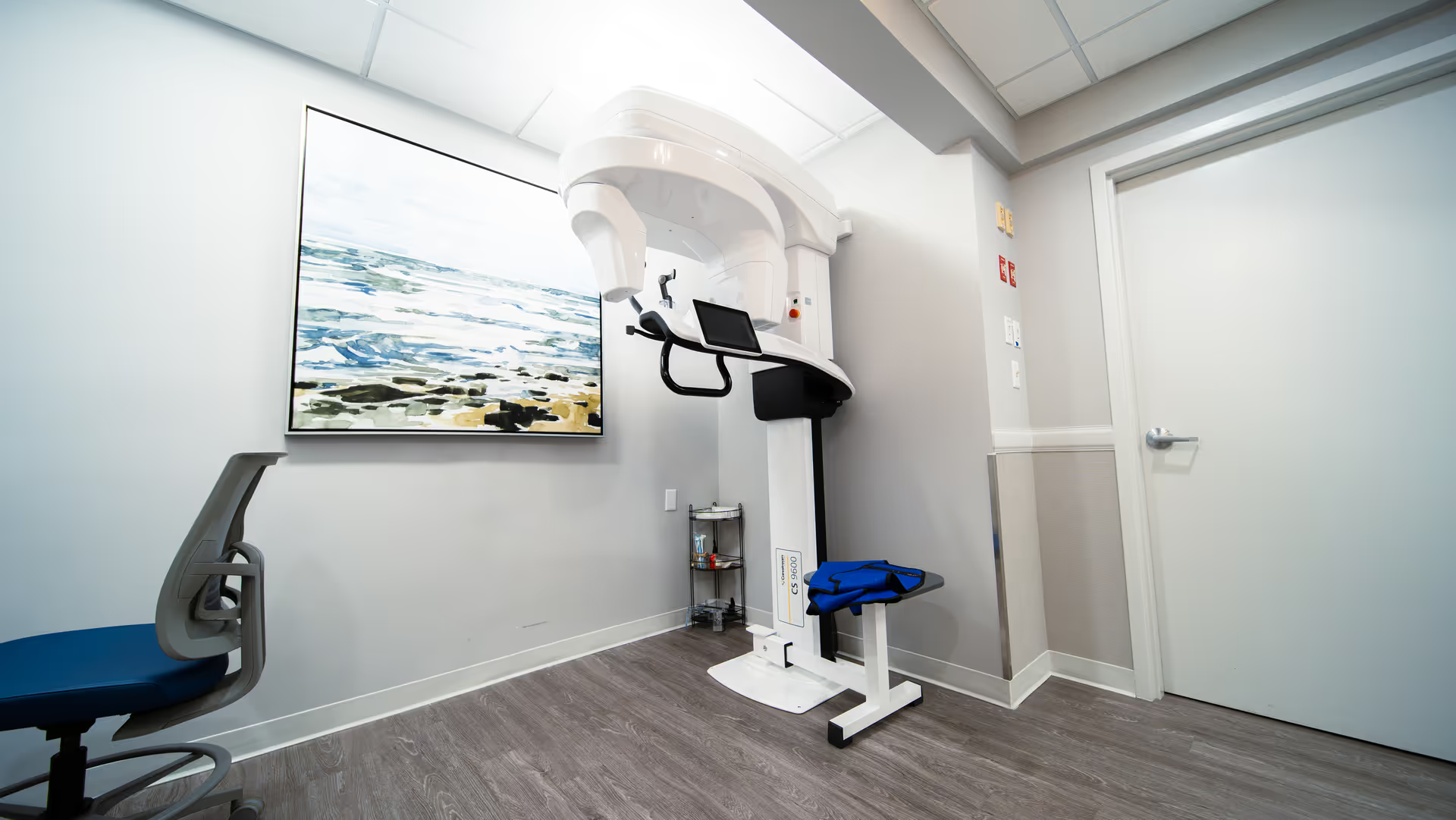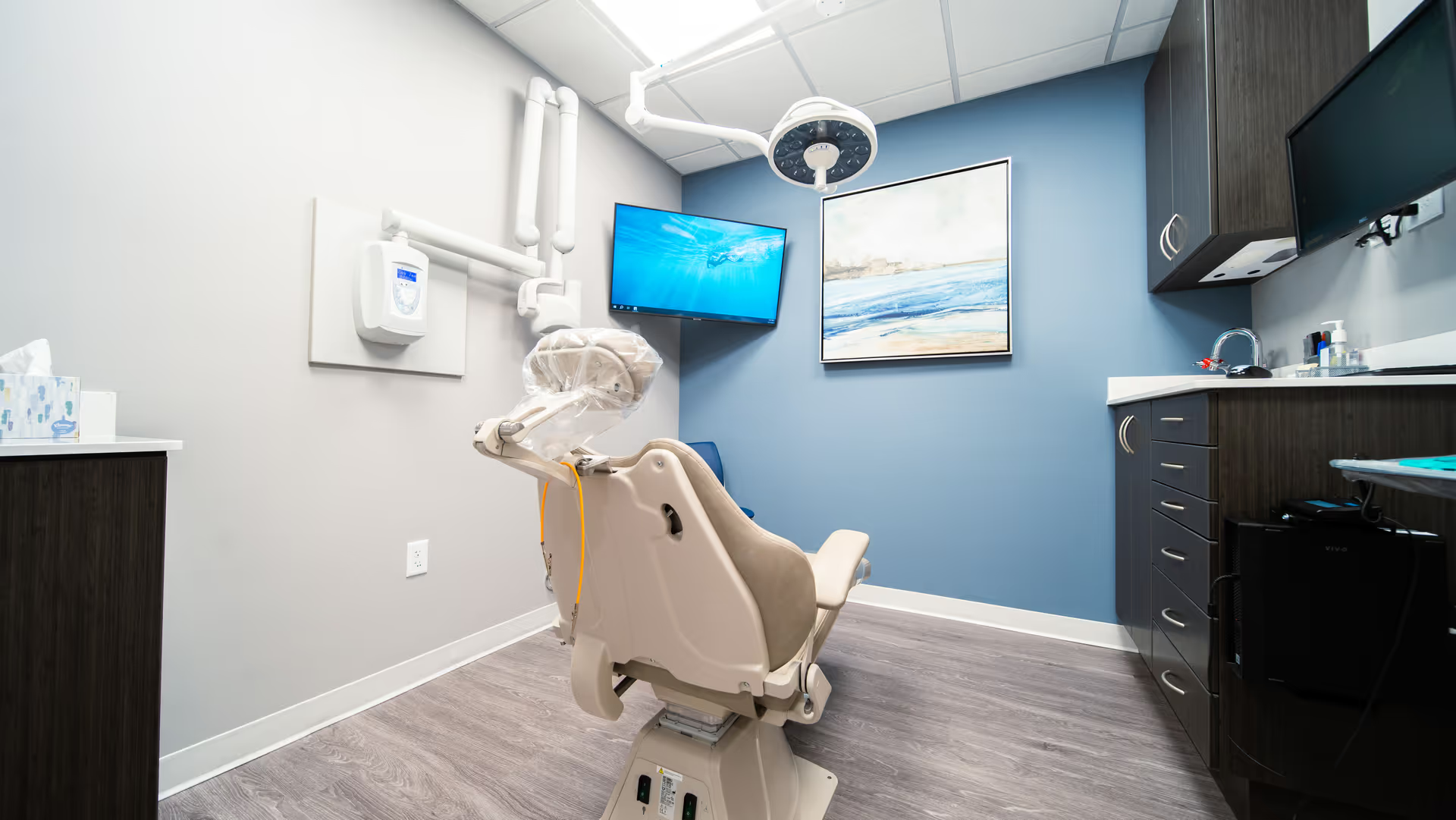Patient Resources
At Coastal Oral Surgery, we’re committed to making your care experience as smooth and stress-free as possible. Whether you're preparing for your first visit or looking for flexible payment options, you'll find everything you need right here.

Save Time at Your First Visit
Fill Out New Patient Forms
To help streamline your appointment, we offer online access to all required new patient forms. Completing these in advance allows us to prepare for your visit, minimize wait times, and ensure your experience is smooth from the moment you walk in. Simply click, fill, and submit—no printing required.
Get Started
Submit a Referral
We make it easy for dental professionals to refer patients to any of our convenient locations. Our online referral form is quick to complete and ensures a seamless handoff for patients in need of wisdom tooth removal, implants, extractions, and more. Once submitted, our team will follow up promptly with both the patient and the referring office.


